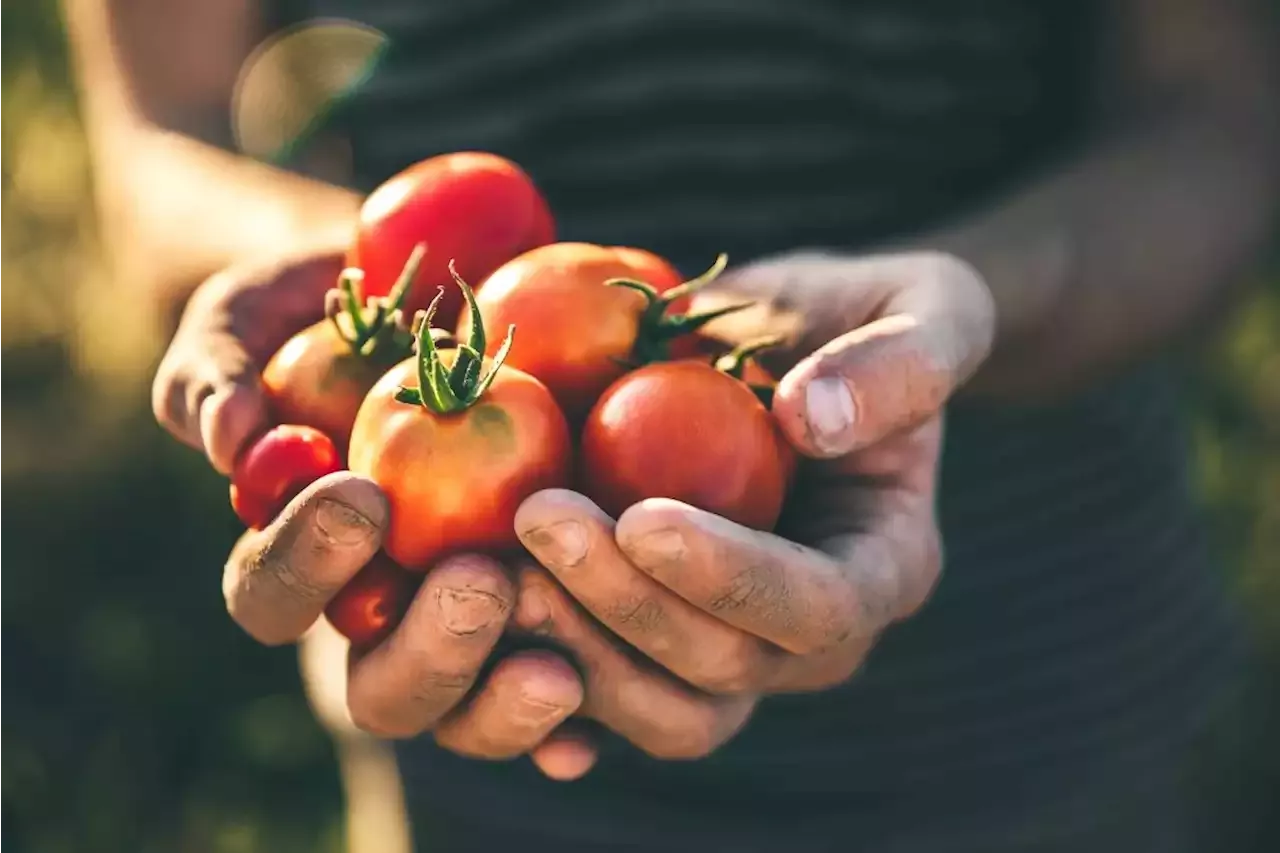CIARAN RYAN: There’s no doubt that manufacturing has undergone a seismic shift in the past decade, and that’s driven in large measure by trading partners that are scrupulous in their observance of sustainability. In practice, this means companies are required to demonstrate their migration to carbon neutrality and clean-energy manufacturing processes. South Africa’s manufacturing sector has shown a surprising resilience in meeting these challenges and adapting to fast-changing market conditions.
Manufacturing probably utilises close to about 52% of electricity [produced] in the country; there was research done [on this] by the Council for Scientific and Industrial Research. Now if we take that 52%, that’s high [consumption] of electricity and I think the main contributors to that have been predominantly the cement, iron, steel, paper and chemical manufacturers.
If anything, we’ve seen Ipap has already been bearing fruit. It’s been very successful in doubling production and in job creation, for instance, in the automotive sector. If we bring it back to manufacturing, what has been important for the manufacturing sector – and particularly the sub-sectors which I’ll go into shortly – is to remain ahead of the curve, because ultimately anything being manufactured is going to be utilised by an end-user, and an end-user ultimately wants to be associated with a company that’s manufacturing responsibly.
CIARAN RYAN: I know there are a lot of South African manufacturers, particularly in fruit – not only fruit, but in manufacturing itself – that are having to comply with European regulations if they want to export their products to the EU to really change things. So you are kind of having your internal processing or processes determined by EU standards, and they’re not determined internally.
In many spaces and instances we’ve adopted or included systems [for] our clients that are as simple as automated reconciliations of bank accounts. I know that’s probably a very rudimental system to be making mention of on this particular platform. AMITH SINGH: It’s a fantastic question, taking us back a couple of years to the dark times of Covid and when we were undergoing a terrible time in the world. However, with the terrible time we did learn lessons very aggressively, or very rapidly, in order to remain relevant in the South African context.
